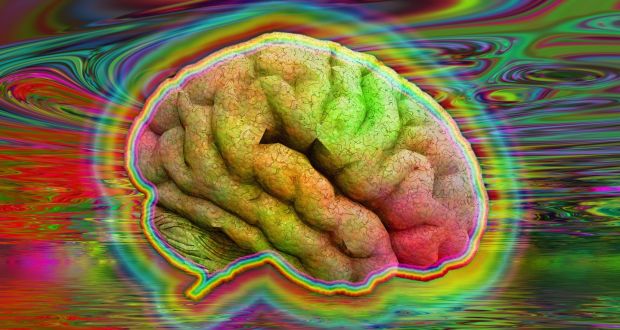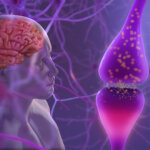With its use first popularized in the late-1900s, lysergic acid diethylamide (LSD) has grabbed the attention of researchers over its potential to treat symptoms of certain mental conditions.
In the journal PNAS, a group of experts at McGill University released their findings on what they constitute to be a potential therapeutic option for mental illnesses such as anxiety disorders and alcoholism.
As the McGill group began their study, they conducted a series of tests on rodents, administering a minimal dose of LSD over a span of one week. By the end of the week-long experimentation, the rodents had exhibited an increase in sociability; an indication of therapeutic effects derived from the psychedelic.
According to researchers, the doses of LSD enabled the activation of serotonin 5-HT2A and the AMPA receptors, both critical in sociability. The subsequent result was increased social interaction, empathy, and social behavior among the mice.
“This increased sociability occurs because the LSD activates the serotonin 5-HT2A receptors and the AMPA receptors—which is a glutamate receptor, the main brain excitatory neurotransmitters—in the prefrontal cortex and also activates a cellular protein called mTORC 1,” said the study’s first author in a news release of the results.
“The fact that LSD binds the 5-HT2A receptor was previously known,” said another co-lead author of the study.
“The novelty of this research is to have identified that the prosocial effects of LSD activate the 5-HT2 receptors, which in-turn activate the excitatory synapses of the AMPA receptor as well as the protein complex mTORC1, which has been demonstrated to be dysregulated in diseases with social deficits such as autism spectrum disorder.”
With these new findings, the McGill team hope to keep progressing in their testing of LSD for the potential treatment of deficits caused by autism and anxiety disorders in mice. Their future aim is to begin testing if micro-doses of LSD can have a similar therapeutic effect in humans, improving the quality of life.


